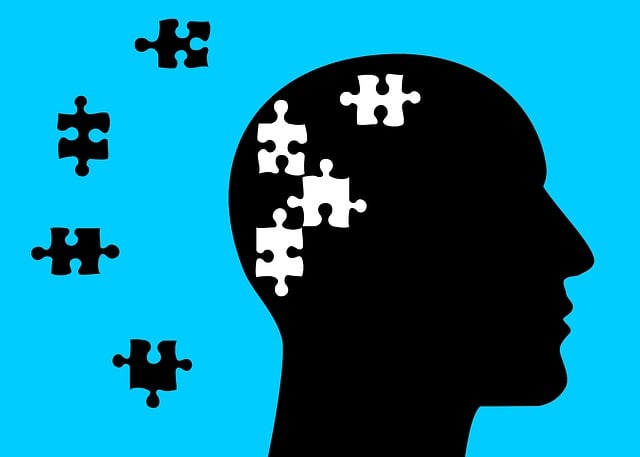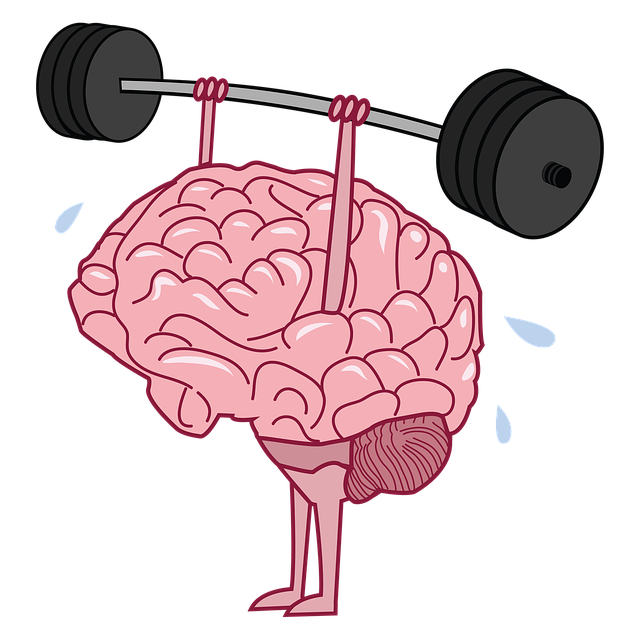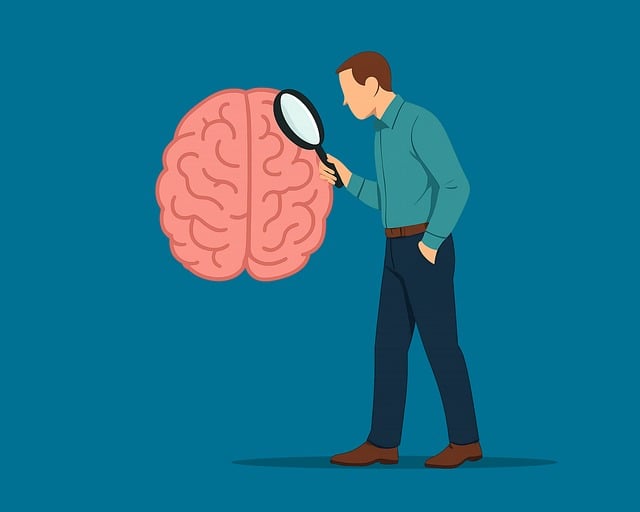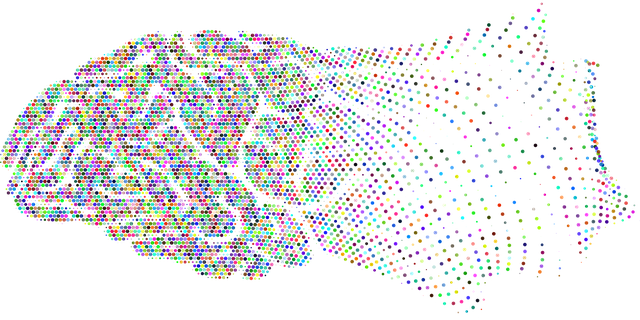Trauma can lead to severe mental health issues, with eating disorders and conditions like anxiety and depression often co-occurring. Golden Eating Disorders Therapy (GEDT) offers a unique, comprehensive approach by addressing both eating disorders and trauma simultaneously. This holistic therapy combines individual counseling, group support, and social skills training in a safe space, fostering emotional exploration and resilience. GEDT integrates compassion cultivation and trauma-focused stress reduction techniques, creating an empathetic environment for processing traumatic memories while promoting emotional well-being and preventing future mental health challenges.
Trauma is a significant mental health concern, impacting individuals across diverse demographics. This article delves into strategies for effective trauma support services provision, focusing on Golden Eating Disorders Therapy as a transformative approach. We explore the profound effects of trauma on mental well-being and present practical insights into trauma-informed care. By understanding the intricate relationship between trauma and eating disorders, healthcare professionals can offer specialized assistance using evidence-based methods like Golden Eating Disorders Therapy to facilitate healing and recovery.
- Understanding Trauma and Its Impact on Mental Health
- The Role of Golden Eating Disorders Therapy in Trauma Support
- Implementing Effective Trauma-Informed Care Services
Understanding Trauma and Its Impact on Mental Health

Trauma can profoundly affect an individual’s mental health and overall well-being. It is defined as a deeply distressing or disturbing experience that surpasses one’s ability to cope, often leading to long-lasting psychological effects. These impacts can manifest in various ways, including anxiety, depression, flashbacks, nightmares, and even physical symptoms like increased heart rate or pain. People who have experienced trauma may struggle with mood management, emotional regulation, and the overall promotion of their emotional well-being.
Golden Eating Disorders Therapy is one approach that has gained recognition for its effectiveness in supporting individuals recovering from both eating disorders and trauma. By addressing underlying trauma, this therapy helps clients process and manage difficult emotions, improving their ability to regulate their moods. Through specialized techniques tailored to trauma survivors, it offers a safe space for emotional expression and healing, ultimately fostering resilience and a renewed sense of self.
The Role of Golden Eating Disorders Therapy in Trauma Support

Golden Eating Disorders Therapy (GEDT) plays a pivotal role in trauma support services by addressing co-occurring eating disorders and trauma, which are often deeply intertwined. This therapeutic approach recognizes that emotional healing processes can be hindered by disordered eating patterns, and vice versa. GEDT incorporates strategies tailored to help individuals process their traumatic experiences while promoting healthy coping mechanisms and improving mental wellness.
Through a combination of individual therapy sessions and group support, GEDT facilitates the development of social skills training, enabling participants to navigate interpersonal relationships more effectively. By creating a safe and non-judgmental space, the therapy encourages clients to explore their emotional responses to trauma while fostering a sense of community. This holistic approach not only aids in overcoming eating disorders but also strengthens individuals’ resilience, enhancing their overall ability to manage and overcome traumatic experiences.
Implementing Effective Trauma-Informed Care Services

Implementing effective trauma-informed care services is essential in addressing the complex needs of individuals struggling with traumatic experiences. This approach recognizes that trauma can manifest in various ways, often leading to mental health challenges such as eating disorders, depression, and heightened stress levels. Golden Eating Disorders Therapy, for instance, focuses on integrating compassion cultivation practices into traditional therapy models to create a safe and supportive environment. By fostering empathy and understanding, therapists can help clients process their traumatic memories while implementing stress reduction methods tailored to their unique needs.
Trauma-informed care goes beyond diagnosis and treatment; it involves creating systemic changes that prevent recurrence and promote healing. This includes ensuring access to evidence-based programs like Golden Eating Disorders Therapy, which combines trauma-focused therapy with mindfulness practices. Additionally, compassion cultivation teaches clients to extend kindness towards themselves and others, fostering a sense of belonging and reducing the risk of relapsing into unhealthy coping mechanisms. Such holistic approaches not only aid in depression prevention but also empower individuals to navigate their traumatic experiences with resilience and grace.
Trauma support services have evolved to prioritize trauma-informed care, where understanding and addressing past traumatic experiences are key to enhancing mental health. Among various therapeutic approaches, Golden Eating Disorders Therapy emerges as a powerful tool, offering a holistic healing process. By integrating this approach with specialized services, we can effectively navigate individuals’ complex needs, fostering resilience and recovery. Implementing trauma-focused strategies, such as those provided by Golden Eating Disorders Therapy, ensures that care remains responsive and tailored to each person’s unique journey towards healing.












